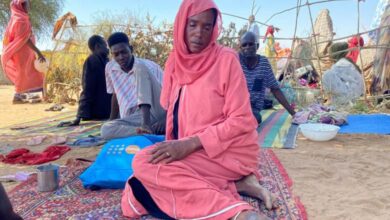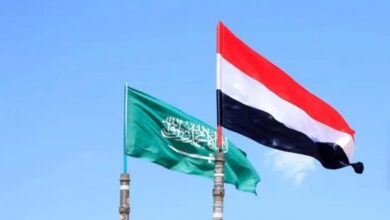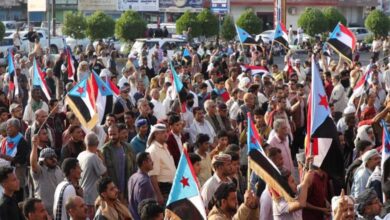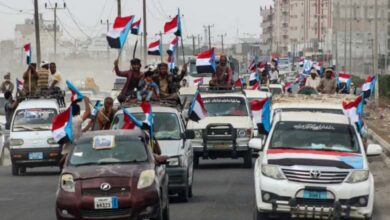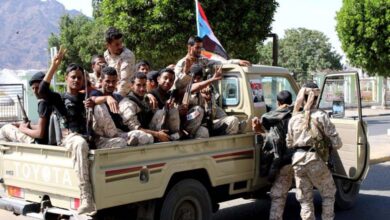Tunisian Defense Committee reveals Ghannouchi’s involvement in Intelligence and Terrorism Operations
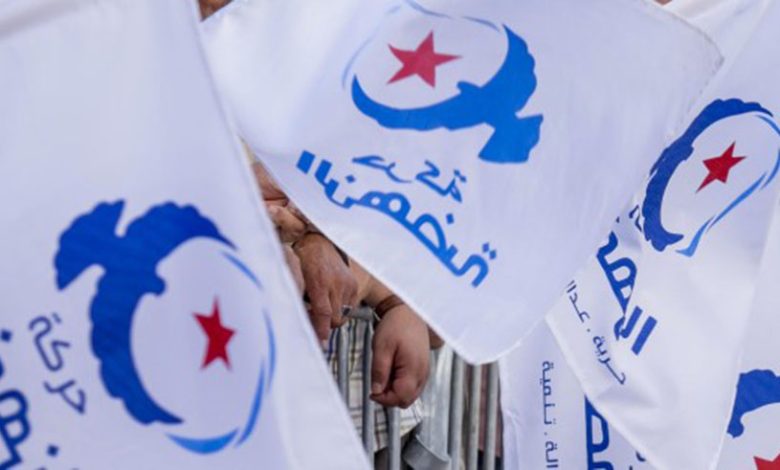
Files uncovered by a Tunisian Defense committee, confirming the existence of documents revealing the involvement of Brotherhood leader Rached Ghannouchi in the attack on the security of the country and the communication with foreign parties.
Documents
This came during a press conference held by the defense of Chokri Belaid and Mohamed Brahmi, on the occasion of the ninth anniversary of the Belaid assassination, under the title “Financial Secret Service of Rached Ghannouchi and the Resounding Fall for Judicial Protection”.
During the conference, the defense said: It has documents revealing the involvement of the head of the Ennahdha Brotherhood Movement, Rached Ghannouchi, in “communication with foreign parties”.
The committee also pointed out that there were documents implicating Ghannouchi in an attack on the security of the Tunisian state, accusing the Brotherhood leader of money laundering with his son Mouad, in addition to the presence of a secret financial intelligence apparatus relating to the head of the Ennahdha Movement.
Within that case, the name of Najeh Hajj Latif was mentioned several times in the conference held yesterday by the defense committee of the martyrs Chokri Belaid and Mohamed Brahmi, in the context of talking about the relationship of the State of Qatar and the Ennahdha Movement of the Brotherhood in Tunisia, and its relation to the financing of many suspicious activities related to money laundering, the buying of disbelief, in addition to espionage crimes.
Who is he?
Committee member Ridha Radawi yesterday shed more light on Latif, confirming that he is one of those who manages Rached Ghannouchi’s funds, describing him as one of his hidden arms, according to Tunisia Now.
Radawi said: “Najeh Hajj Latif, who was supervising the management of a British textile company in Tunisia, used the company’s electronic account to manage suspicious financial relations related to Ennahdha and continued to use this account even after his expulsion from the company, without being able to delete the messages, because the account was not a personal account”.
They manage the money of Ghannouchi
Ridha Radawi says: “Najeh Latif is one of those who manages Rached Ghannouchi’s money, one of his hidden arms and a link to Qatar”.
He added: “It became clear that Latif was using two financial accounts in which large sums of money were injected from the Qatari Amiri Diwan. The sums that were placed in these accounts are not remunerated (goods or work done), which is what makes them suspicious”.
According to Radawi, “these amounts exceeded €30 million in total. They are being withdrawn in cash to Qatar, transported to Tunisia, and then entered through the protocol hall at Tunis Carthage airport in cash as well as being spent outside state control”.
He pointed out that the email in question contained messages between Latif and the current official spokesman of Ennahdha, Riad al-Shaibi, containing internal data for the movement and others related to the penetration of other parties and organizations, including emails on the final report of the trip of former assistant secretary-general of Ennahdha Movement, Abdelfattah Mourou, to the United States of America, in addition to the trip of the governor of the Central Bank of Tunisia, Chedly Ayari, accompanied by Najeh Hajj Latif to Doha.
The press conference provoked a lot of reprehensible reactions, most of which demand that Ghannouchi and Latif, and all those involved in crimes against Tunisia and Tunisians, be held accountable.
Activists said Latif is working underground and has never appeared through the media, saying the countries that sponsor him, most importantly Qatar, are asking him to stay away from the eyes of the media.
A number of activists also pointed out that Latif stays for months outside the country, either in Qatar or in Britain, and is only in Tunisia for specific tasks, according to Radio Mosaique FM.
Suspicious financial relations
Najeh Hajj Latif used the e-mail account of a company he worked for to manage suspicious financial relations related to Ennahdha and the State of Qatar.
Radawi mentioned the file of the General Director of the Ooredoo Telecommunications Company in Tunisia, Mansour Rashid Al-Khattar, who, since his appointment in 2019, made contact with Rached Ghannouchi and his son, Mouad, who enjoyed important monetary amounts. He said that research was authorized for this purpose, and that Mansour Rashed Al-Khattar was placed under judicial authorization under surveillance. This revealed his relationship with many judges on espionage charges, including Bashir Al-Akramy and Tayeb Rashed, among others, and that he was sponsoring or funding through Najeh Hajj Latif, who works as an accountant for these illegal activities.
The defense committee for the martyrs Belaid and Brahmi had confirmed in a televised press conference yesterday, the existence of documents revealing the involvement of the Ennahdha Movement of the Brotherhood and its leader Rached Ghannouchi in damaging the files of the cases of intentional assassinations, and in contact with a foreign country.
The spying charge, one of a series of charges that the committee filed against Ghannouchi, accused him and his son Mouad of “laundering money and making suspicious financial moves with parties linked to the State of Qatar to finance the travel of young Tunisians to Syria to join ISIS camps”.
The commission confirmed the existence of documents confirming Ghannouchi’s involvement in the attack on the internal security of the state, pointing out that Ghannouchi and his group “blocked all the tracks of uncovering the truth, and all the paths leading to an official indictment of Ghannouchi”.
Najeh Hajj Latif was in constant contact with Ennahdha leaders, sending them reports on daily movements, meetings, and financial transfers.
A few days ago, Tunisian President Kais Saied dissolved the Higher Judicial Council over accusations of manipulating cases of assassination and corruption.
The decision to dissolve the parliament came after Saied made a statement during a visit to the Interior Ministry, where he said: The case of the martyr Chokri Belaid was manipulated by some judges.
During the visit, the Tunisian president criticized the judiciary and accused a number of its judges and advisors of corruption, nepotism, and disruption of proceedings in several cases, including political assassinations.



